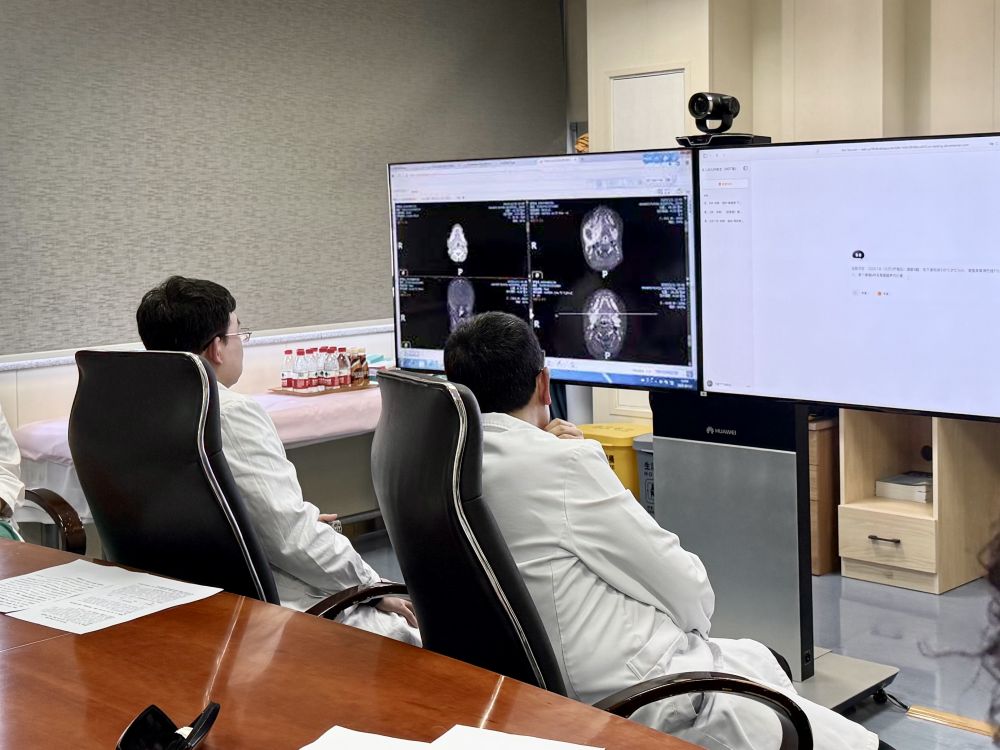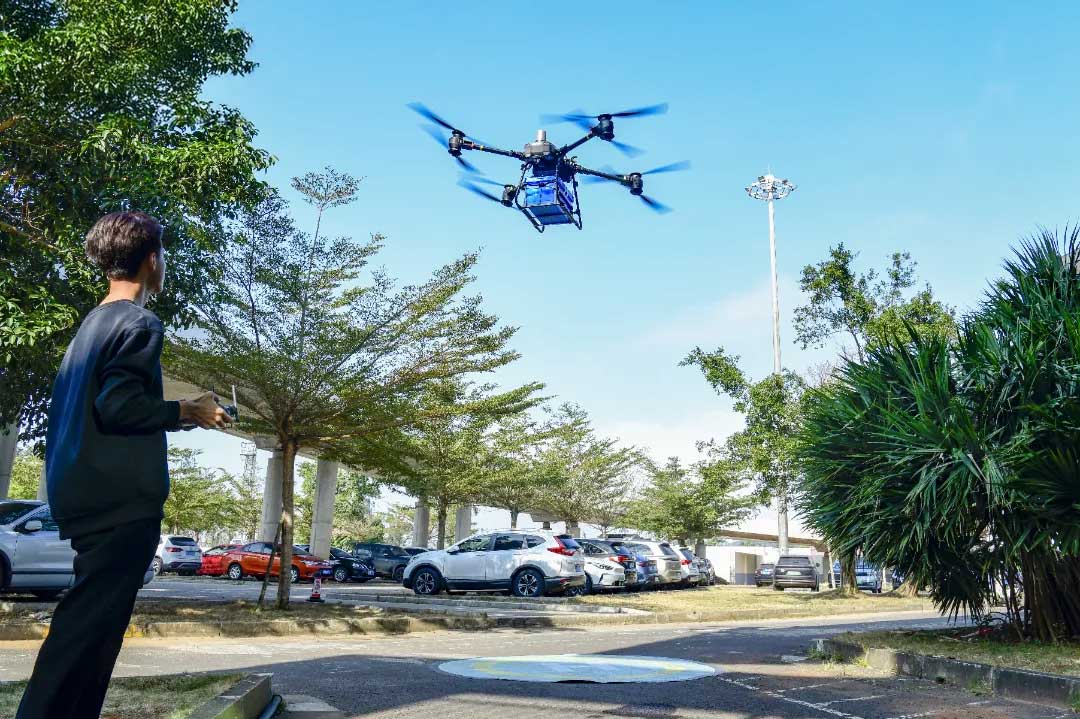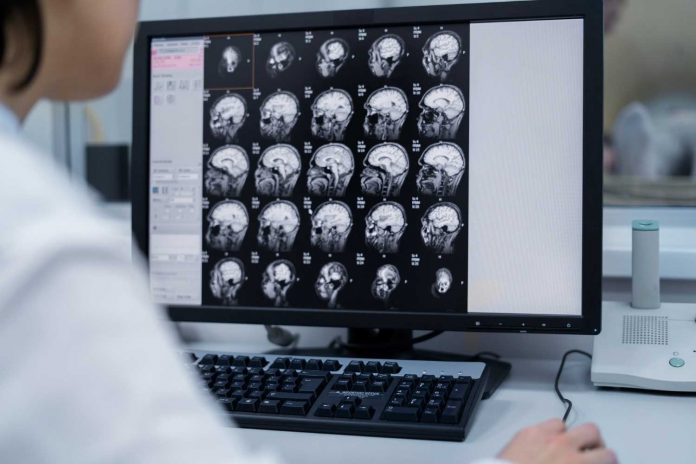A Breakthrough in AI-Driven Pediatric Care
China has officially launched its first AI-powered pediatrician, marking a significant milestone in the integration of artificial intelligence into healthcare. On February 13, at Beijing Children’s Hospital’s consultation center, the AI pediatrician participated in a multidisciplinary consultation alongside 13 medical experts to address a complex patient case.
Developed by Beijing Children’s Hospital in collaboration with Baichuan Intelligence, this expert-level AI pediatrician is expected to revolutionize pediatric care, particularly in diagnosing and treating rare and difficult diseases. By leveraging vast medical datasets and AI-driven analysis, it aims to support doctors in making more precise and efficient medical decisions.
AI Assisting Experts in Complex Cases
The AI pediatrician was tested with an 8-year-old patient who had been experiencing persistent involuntary muscle spasms for three weeks. Two weeks prior to the consultation, doctors detected a tumor at the base of his skull. The child had visited multiple hospitals, but diagnostic results were inconsistent.

During the consultation, the AI pediatrician collaborated with specialists from otolaryngology, oncology, and other departments, providing treatment recommendations that closely aligned with those of the human experts. This demonstrated the AI’s potential to support physicians with data-driven insights and enhance medical decision-making processes.
The Technology Behind the AI Pediatrician
The AI pediatrician is part of a broader effort to integrate artificial intelligence into pediatric healthcare. According to Ni Xin, Director of the National Center for Children’s Medicine and President of Beijing Children’s Hospital, the AI model was built using clinical expertise from over 300 pediatric specialists and decades of high-quality pediatric medical records.
Beyond diagnosis, the AI system serves as a clinical research assistant, helping doctors quickly access the latest medical research and treatment guidelines. It enhances efficiency in managing complex cases by offering data-backed recommendations for rare and difficult diseases.
A New Era of Multidisciplinary Consultations
This milestone event marked the launch of a new “dual-doctor” model, where AI technology collaborates with human experts in multidisciplinary medical consultations. Wang Xiaochuan, founder and CEO of Baichuan Intelligence—the project’s technical partner—emphasized that AI-driven pediatric care could greatly improve access to high-quality medical services across China.
The Future of AI in Pediatric Healthcare
China continues to face a shortage of pediatricians, creating significant challenges in providing timely and effective care to children. Zhang Bo, Academician of the Chinese Academy of Sciences and Honorary Dean of the Institute for Artificial Intelligence at Tsinghua University, highlighted how AI technology could bridge this gap by making high-quality pediatric care more accessible nationwide.
Looking ahead, Beijing Children’s Hospital plans to expand the use of AI pediatricians beyond hospitals into grassroots medical institutions and community-level healthcare settings. Ni Xin emphasized that these efforts aim to ensure broader coverage for children’s healthcare needs while addressing resource imbalances in China’s medical system.
By leveraging advanced technology like artificial intelligence, China aspires to create a more balanced and efficient healthcare system—one that provides millions of children with timely, high-quality medical support.
Related article: Taking Flight: How Haikou’s Drones Are Transforming Duty-Free Logistics








